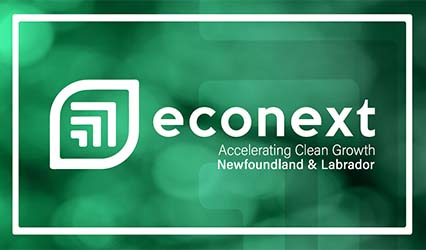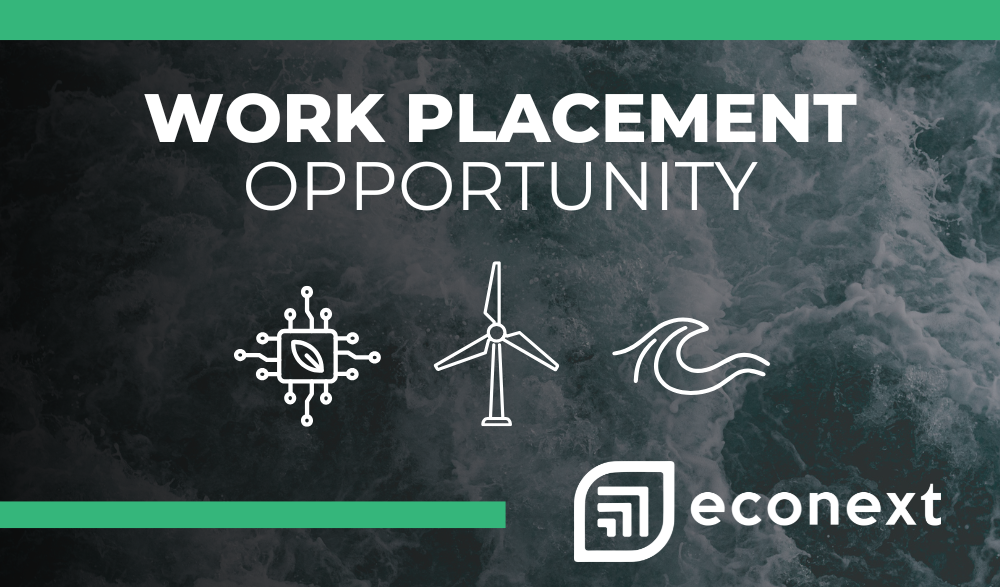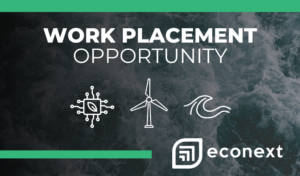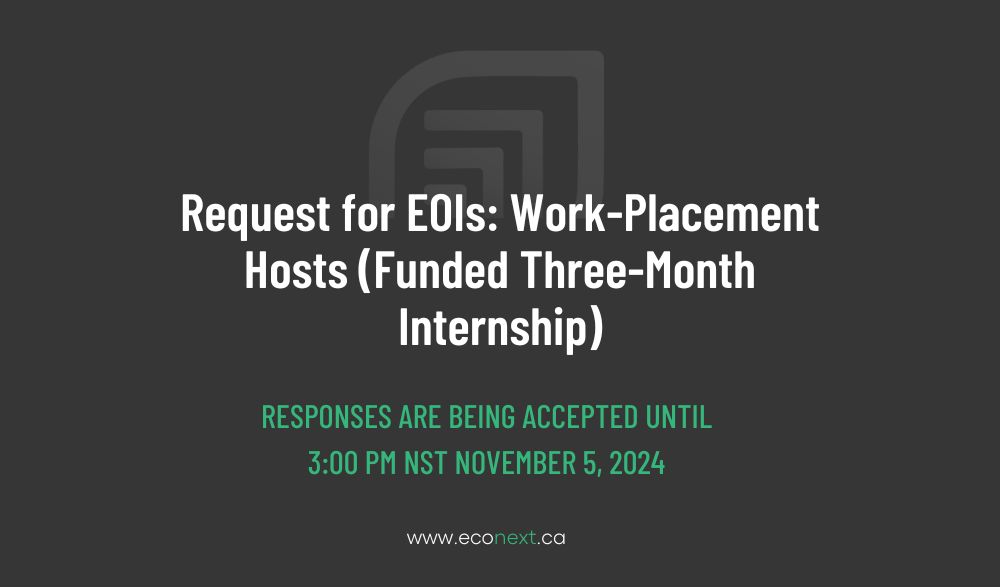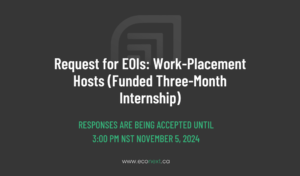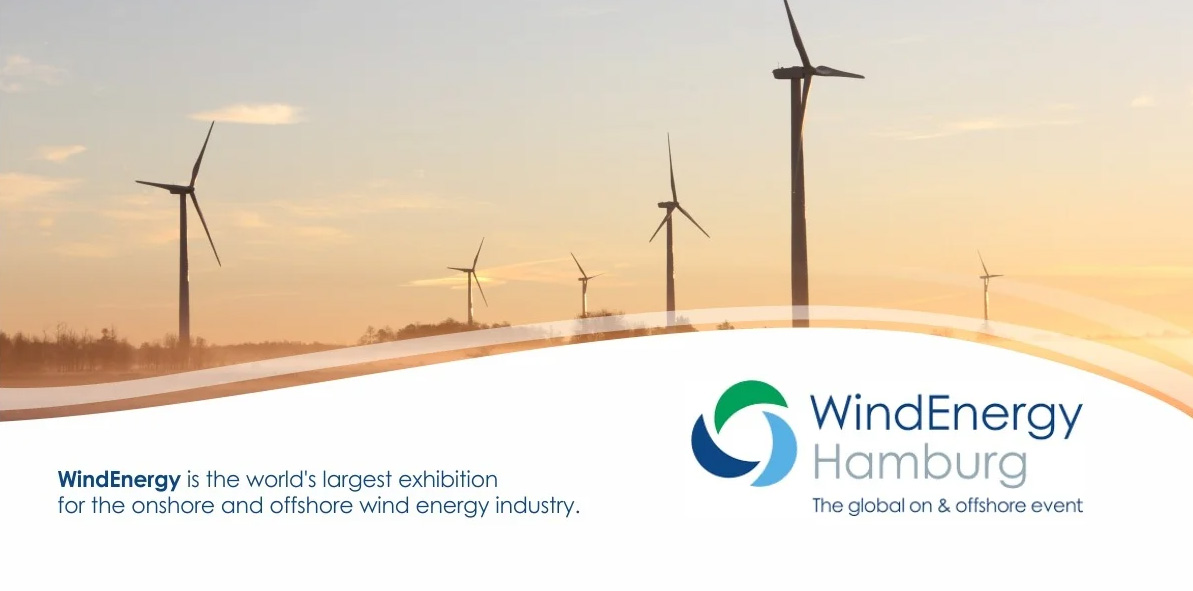Background
Newfoundland and Labrador (NL) is expecting significant growth in its green economy (i.e., clean energy, energy efficiency retrofits, critical minerals, circular economy, etc.). Findings from various research initiatives undertaken have pointed to a need to educate and create greater awareness within NL about the opportunities before it. The need for education and awareness has been identified as a key action in the attraction and retention of the workforce required to support and realize green economy opportunities in the province.
Objective
The objective of this scope of work is to create a centralized hub (i.e., website) where important information about NL’s green economy can reside and be accessed by NLers who are interested to learn more about emerging areas of development and consider careers within them.
Download RFP
Questions and Answers
Answers provided by econext relating to the RFP will be posted here.
The timeline for this project is very short, can you elaborate on the need to have the project completed in such a short timeframe?
We are motivated to complete the project within the outlined timeframe.
The RFP mentions meeting bi-weekly however is there an option to meet sooner/more if necessary considering the timeline.
Yes.
How much time would econext require to make decisions (ie: approve items, submit edits, etc.)? Are they able to do this in real time during meetings to ensure the timeline is met?
In most cases – yes. We will take responsibility for slippage in timeframes should our inability to do so be the cause.
Are there any future plans for the website (ie: added functionality, new sections) that should be taken into consideration when doing the initial build?
None that we can think of at this time.
What is the internal approval process?
A project manager will be assigned to the project who will have decision-making authority.
Are there any accessibility considerations that must be prioritized (e.g., colour contrast, readability for different audiences)?
We would leave it to the selected proponent to provide us with their expert advice on this matter.
Is there a budget allocated for this project?
We are asking interested vendors to propose a price based on the scope of work outlined.
What is the core message that this brand should communicate to its audience?
This will be decided on with the successful proponent who will be expected to provide guidance on this matter.
How should this brand be different from other green economy initiatives?
This will be decided on with the successful proponent who will be expected to provide guidance on this matter.
What are the key emotions or ideas you want people to associate with the brand? (e.g., innovation, sustainability, opportunity)
This will be decided on with the successful proponent who will be expected to provide guidance on this matter.
Are there specific themes you’d like to emphasize more than others?
This will be decided on with the successful proponent who will be expected to provide guidance on this matter.
Should the name explicitly reference “green economy” or be more open-ended?
Would you prefer a descriptive name (e.g., Green Jobs NL) or a conceptual name (e.g., EcoPath)?
This will be decided on with the successful proponent who will be expected to provide guidance on this matter.
Are there specific keywords or phrases that you’d like reflected in the name?
This will be decided on with the successful proponent who will be expected to provide guidance on this matter.
Are there any words or ideas to avoid?
This will be decided on with the successful proponent who will be expected to provide guidance on this matter.
Would you like a tagline to be part of the brand? If so, should it focus on inspiration (e.g., “Building a Sustainable Future”) or information (e.g., “Your Guide to NL’s Green Economy”)?
This will be decided on with the successful proponent who will be expected to provide guidance on this matter.
How closely should the new brand align with econext’s existing visual identity? Be specific. (e.g., colours, font, style)
This will be decided on with the successful proponent who will be expected to provide guidance on this matter.
Will additional colours to the colour palette need to be explored?
This will be decided on with the successful proponent who will be expected to provide guidance on this matter.
It mentions that the brand should be ‘strongly influenced by areas of particular importance to NL’s emerging green economy.’ What are these areas? Are there any specific visual elements you’d like incorporated? (e.g., wind turbines, ocean, circular economy symbols)
We would expect the proponent to be familiar (or become familiar) with areas of particular importance to NL’s emerging green economy.
Can these be specific visual elements incorporated in another way? (e.g. symbols, icons, graphics)
This will be decided on with the successful proponent who will be expected to provide guidance on this matter.
What kind of tone should the logo convey? (e.g., bold and modern, organic and natural, minimal and clean)
This will be decided on with the successful proponent who will be expected to provide guidance on this matter.
Are there any colours, fonts, or design elements that should be included or avoided?
This will be decided on with the successful proponent who will be expected to provide guidance on this matter.
Do you have any existing brand guidelines?
Yes. These would be shared with the successful proponent (if relevant),
In order to meet the short timeline, will all content (ie: background info, event info, resources, career pathways, etc.) be ready and provided on day one of the project kick off?
Yes.
Will photos/graphics be provided by econext or will these need to be sourced? If provided, will these be ready for project kickoff?
While econext has a library of available imagery, we would expect the successful proponent to source and/or develop imagery if necessary.
Does econext have a preferred hosting platform for the website or should we include a recommendation in the quote?
econext will provide the hosting platform (Bluehost).
Should the purchase of the domain be included as part of the quote or will econext be purchasing this separately?
econext can pay for the domain.
There is mention of a “green job bank” being included, do you envision this being built directly into the site or incorporating the one on the econext site (https://econext.ca/jobs/)
We would expect this to be built directly into the site.
For the event calendar, will users need to be able to purchase tickets and/or rsvp to events? Or do you envision it being more of a list of upcoming events and their details.
This would be a list of upcoming events, with tickets/RSVPs etc. being handled by third party platforms.
Are there any websites (do not need to be associated with NL or econext) that are similar to use as examples?
We do not have a specific website that we would point to, no.
![]()


